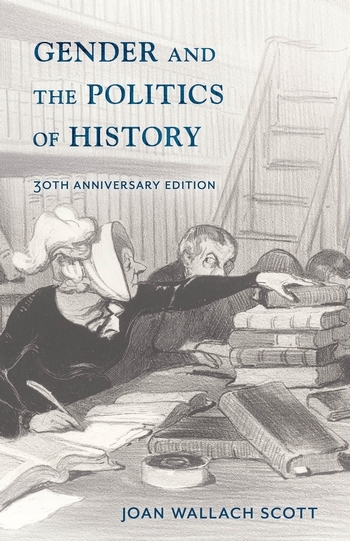Guobin Yang: China’s Twitter Revolution is Slow in Coming
In recent article in Scientific American, Guobin Yang, author of The Power of the Internet in China: Citizen Activism Online, argues that twitter, microblogging, and other social media is changing China but doubts that radical political change will occur.
Yang cites a recent incident in China where protesters in Guangzhou went online and into streets to protest government censorship of a newspaper. The event did signal the rising power of online activism in China but the Chinese government has been equally adept, if not more so, at using the Internet to stem dissent and protest. Yang writes:
To contain Internet dissent and protest, China aggressively censors Web sites. New regulations or crackdowns are often implemented after new outbursts of online protest. This was the case when the first policy to regulate electronic bulletin boards took effect in 2000. When crude sanctions failed to curb online dissent, the government turned to a more subtle measure: sprinkling anonymous Internet commentators to promote the party line throughout the blogging community. According to a report issued by the official news Web site People’s Daily Online, more than 60,000 government accounts were active on Sina Weibo alone by the end of 2012. With its enormous resources, the government can have its Web sites pour out large volumes of information that serve to inundate dissent.
However, netizens and activists are fighting back:
To avoid keyword filtering, they discuss sensitive issues by using historical allusions, word games and similar methods. Some gain access to blocked Web sites such as Twitter by using software and proxy servers. They adapt, compromise, retreat or push back by carefully gauging the circumstances and seizing opportunities. Their numbers are rising. In December 2010 China had 63 million microbloggers out of 457 million Internet users. Today more than 300 million Internet users are microblogging.
1 Response
Leave a Reply
You must be logged in to post a comment.






The CCP has a history of repressive tactics against actual demonstrators, but is having a much harder time controlling the online community. While it has certainly increased censorship, it has also found that it is nearly impossible to censor the 300 million microblogs. Inundating the Internet with pro-Party rhetoric is a temporary solution, not a permanent way to manage citizen dissent. Eventually, the Party will either need to develop technology more proficient at censorship, or actually begin responding to Internet complaints. These microblogs can be just as dangerous to the regime as protests if they are not properly managed.